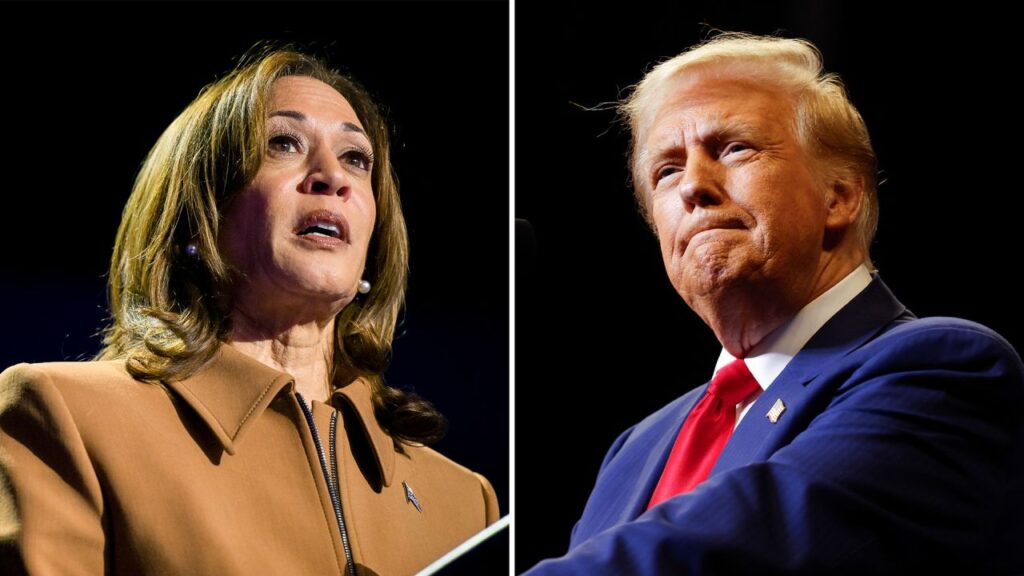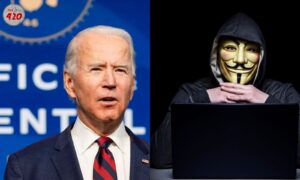
The 2024 presidential campaign is in full swing as candidates focus on swaying key voter demographics in pivotal states. With Kamala Harris intensifying her outreach efforts and Donald Trump facing backlash from Puerto Rican communities after recent controversial remarks, this election cycle is highlighting the distinct strategies and challenges each candidate faces. Harris’s campaign approach prioritizes union workers and diverse communities, while Trump’s comments have sparked discussions that could shift support in critical voting regions.
Kamala Harris’s Outreach in Key States
Vice President Kamala Harris’s campaign has taken a proactive approach in reaching out to workers, minority groups, and grassroots organizations in key states like Michigan, Pennsylvania, and Arizona. By focusing on union support and emphasizing issues like healthcare, education, and economic stability, Harris aims to strengthen her standing among blue-collar and minority voters. The Harris campaign is building momentum through community-centered events that allow voters to engage directly with her policies and vision for the country.
Harris’s outreach strategy underscores the importance of union support, particularly in states where unionized workforces play a significant role in the local economy. Her appearances at union rallies and community centers not only spotlight her commitment to working-class families but also establish her as a candidate prioritizing labor rights. By aligning her messaging with union-backed causes, Harris is making a clear appeal to voters concerned about wage growth, job security, and fair labor practices.
Trump’s Remarks and the Puerto Rican Community Response
Meanwhile, former President Donald Trump’s recent remarks have sparked widespread discussion and condemnation among Puerto Rican communities and advocates. Trump’s comments, perceived by many as insensitive, have intensified ongoing tensions between the former president and Puerto Rican voters, especially in regions with significant Puerto Rican populations like Florida and Pennsylvania. These areas are vital to any presidential campaign, making Trump’s relationship with Puerto Rican voters an important factor in his 2024 strategy.
Trump has faced criticism before for his handling of Puerto Rican issues, most notably during the aftermath of Hurricane Maria. His recent comments are now prompting further scrutiny, as leaders within the Puerto Rican community express concern over his stance and its impact on Puerto Ricans living in the mainland United States. Many Puerto Rican Americans still feel the effects of the federal government’s delayed response to the hurricane, and Trump’s remarks have rekindled grievances from that period, potentially affecting his support within these communities.
Importance of Puerto Rican Voters in 2024
Puerto Rican voters are a significant electoral force, especially in Florida, Pennsylvania, and New York, where their votes have historically influenced election outcomes. Puerto Ricans, as U.S. citizens, can vote in presidential elections once they move to the mainland, and their voting bloc has grown over recent years. For the 2024 presidential campaign, candidates recognize that engaging with Puerto Rican voters could be decisive, particularly in swing states.
Kamala Harris’s campaign has been mindful of this demographic, making a point to address issues pertinent to Puerto Rican Americans. By promoting policies that promise improved disaster response protocols, healthcare access, and economic development, Harris is actively working to build trust within these communities. Her approach contrasts with Trump’s, highlighting the varying campaign priorities between the candidates and underscoring the significance of Puerto Rican voters as a potentially pivotal group in the election.
Harris’s Focus on Union Workers and Economic Policies
Union workers have become a major focus for Harris’s campaign, especially as many states with strong union presences are key to the 2024 race. Harris’s background as a pro-labor politician has been a central component of her campaign, resonating with voters who prioritize workers’ rights and economic reform. She has advocated for raising the minimum wage, enhancing workplace protections, and supporting healthcare reforms to make coverage more accessible and affordable for working families.
In Michigan and Pennsylvania, two states with substantial unionized workforces, Harris’s stance on economic justice and labor rights resonates with voters. Her emphasis on these issues aligns her campaign with workers’ concerns about job security, fair wages, and opportunities for upward mobility. As she continues her outreach efforts, Harris is positioning herself as a candidate focused on middle-class Americans, labor rights, and equitable economic policies.
Trump’s Challenges in Winning Over Diverse Voter Groups
In contrast, Trump’s campaign faces distinct challenges in gaining support from minority voters, including Puerto Ricans, Black Americans, and other historically underrepresented groups. Trump’s approach to these voters has often been met with skepticism, as his policies and rhetoric have not always aligned with the priorities of these communities. His recent remarks have only added to the polarization, particularly among Puerto Rican voters who view his comments as dismissive.
The controversy surrounding Trump’s remarks is likely to have implications for his campaign strategy, particularly in regions with significant Puerto Rican populations. By focusing on issues that matter to these voters, Trump could potentially regain some support, but his campaign will need to navigate the complex dynamics of trust and respect within these communities. To successfully appeal to Puerto Rican voters, the campaign may need to take a more inclusive approach, addressing the specific concerns and values of this community.
The Road Ahead for the 2024 Presidential Campaign
With the election approaching, both candidates are refining their outreach strategies to connect with crucial voter demographics. Harris is investing in building relationships with working-class and minority communities, hoping to establish herself as a pro-labor and pro-equality candidate. Meanwhile, Trump’s campaign is assessing ways to mitigate the damage caused by recent controversies while seeking to rally his base.
As the 2024 presidential campaign unfolds, voter turnout and sentiment in key states will likely be shaped by each candidate’s ability to resonate with diverse communities. The approaches of both Harris and Trump underscore the complex landscape of modern American politics, where candidates must navigate shifting voter expectations, demographic shifts, and the impact of past decisions on current perceptions.
Conclusion
The 2024 presidential campaign is shaping up to be a defining moment for candidates Kamala Harris and Donald Trump. Harris’s focused outreach to union workers and minority groups, alongside Trump’s challenges with Puerto Rican voters, highlights the diversity of voter priorities this election cycle. As the candidates continue their campaigns, the support of groups like unionized workers and Puerto Rican Americans could be pivotal in determining the next president of the United States.
This election is a reminder of the importance of addressing the concerns of all Americans. Candidates who succeed in doing so are more likely to secure the trust and support of a nation looking for leadership that understands and values its diverse communities.
image credit – cnn.com


